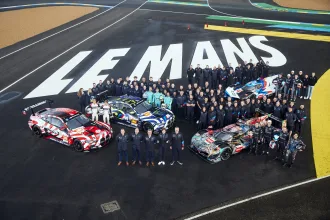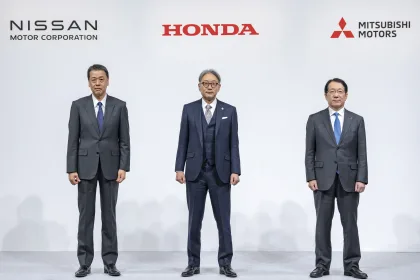Kawasaki Motors, Ltd. , Suzuki Motor Corporation, Honda Motor Co., Ltd., and Yamaha Motor Co., Ltd. jointly announced today that they have received approval from the Ministry of Economy, Trade and Industry to form a technological research association called HySE (Hydrogen Small mobility & Engine technology) for developing hydrogen-powered engines for small mobility.
To realize a decarbonized society, a multi-pathway strategy to address various issues in the mobility sector is necessary, rather than focusing on a single energy source. Against this backdrop, research and development targeted at commercialization of mobility with engines powered by hydrogen-deemed a next-generation energy source-is gaining momentum.
However, the use of hydrogen poses technical challenges, including fast flame speed and a large region of ignition, which often result in unstable combustion, and the limited fuel tank capacity in case of use in small mobility vehicles. In addressing these issues, the members of HySE are committed to conducting fundamental research, capitalizing on their wealth of expertise and technologies in developing gasoline-powered engines, and aim to work together with the joint mission of establishing a design standard for small mobility’s hydrogen-powered engine, and of advancing the fundamental research endeavors in this area.
The members of HySE will continue to deepen their collaborative relations in order to provide a variety of small mobility options to users and meet their diverse needs, thereby contributing to the realization of a decarbonized society.
Kenji Komatsu, Chairman nominee of HySE and Executive Officer of Technical Research & Development Center, Yamaha Motor Co. Ltd., comments, “We are extremely pleased to announce the planned formation of the association. There are many challenges in the development of hydrogen-powered engines, but we hope to see the association’s activities advance the fundamental research in order to meet those challenges. We are committed to this endeavor with a sense of mission to preserve the use of internal combustion engines, which epitomize the long-time efforts that our predecessors have invested.”













